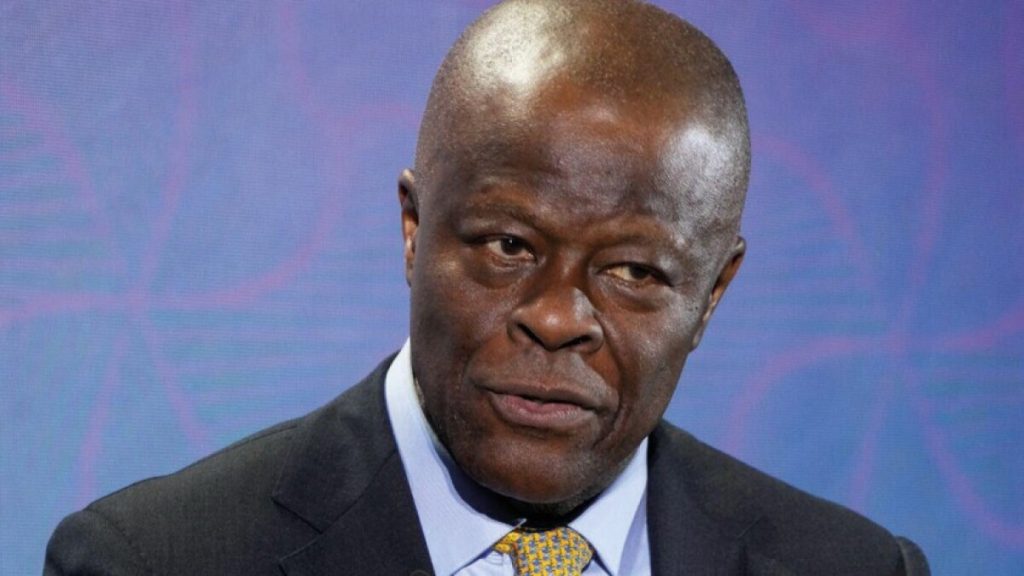The Nigerian government has announced a shift towards relying more on revenue and less on borrowing to finance the 2024 budget. The Finance Minister and Coordinating Minister of the Economy, Wale Edun, emphasised the government’s commitment to restoring order to borrowing and eliminating ways and means of demanding credit facilities.
The budget for 2024 indicates a lower budget deficit, reducing the financing requirements. The budget deficit, as a percentage of GDP, has decreased from 6.1% to 3.8%.
Edun explained that the government is optimistic about improvements in revenue and is focused on bringing order to government borrowing. He highlighted the elimination of Ways and Means by sourcing required funding from the market instead of resorting to the printing of money by the Central Bank.
The Finance Minister expressed confidence in the positive impact of the budget, stating that it is a hopeful budget that will inspire Nigerians and encourage them to believe in the nation’s economy. He mentioned that the key sectors of basic education and humanitarian issues stand to benefit significantly from the budget, with an emphasis on capital expenditure exceeding recurrent expenditure.
The implementation of the N28.8 trillion budget has already begun, and the Finance Minister assured that it is geared towards growing the economy. He underscored the importance of a rejuvenated and re-galvanized economy set for growth, emphasising the larger allocation for capital expenditure over recurrent expenditure as a positive indicator.
The Minister of Budget and National Planning, Atiku Bagudu, added that the 2024 budget focuses on increased spending in priority areas, including human capital development, education, health, infrastructure, innovation, digital economy, creative economy, science, technology, and humanitarian issues. The budget allocates close to N11.4 trillion for capital expenditure, representing about 39% of the total budget.
Bagudu highlighted the N100 billion provision for school feeding, aiming to support and expand the inherited homegrown school-feeding programme and address nutritional deficiencies among children.

